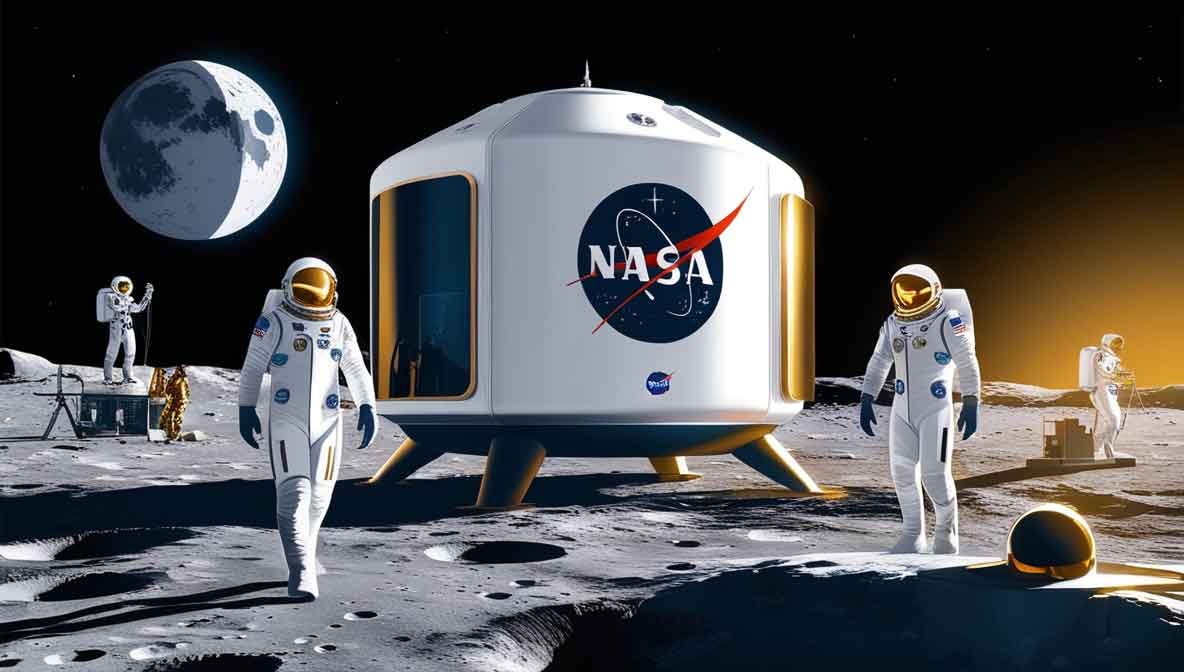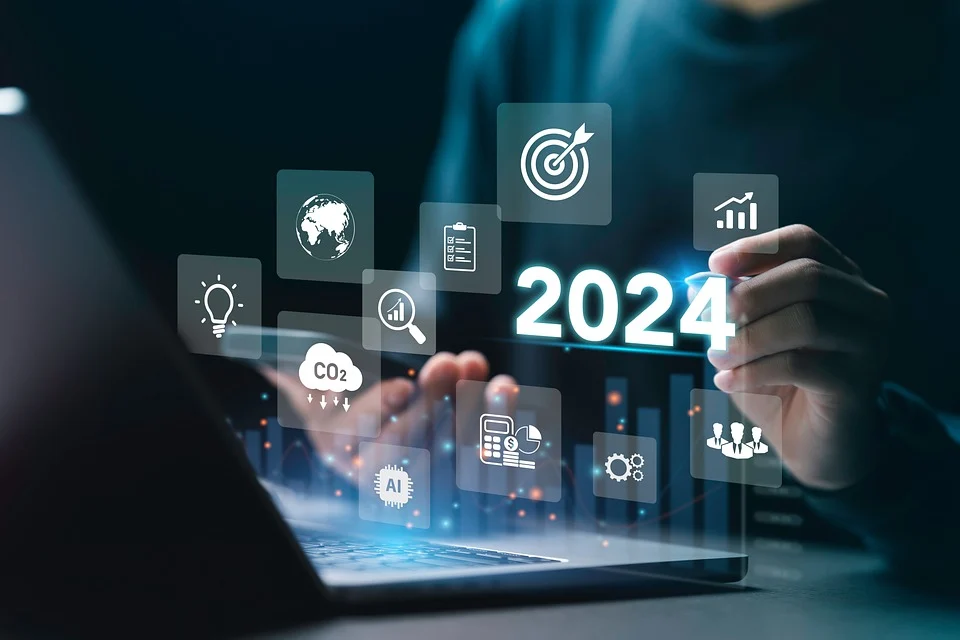Artificial Intelligence (AI) has gone from being a far-off concept to becoming an essential framework for many sectors of the economy. As we move forward, the implications of AI is massive on tech and all sectors. In this article, you will learn about how its use across different industries changed and also innovation that happened in companies with AI Http Response Message.
1. The Role of AI in Healthcare: A Paradigm Shift for Patient Care
Artificial Intelligence is revolutionizing Healthcare by empowering accurate diagnostics to treatment plans and patient recovery, enhancing Patient outcomes. Now AI-powered tools like machine learning algorithms and neural networks can be utilized to analyze large amounts of medical data to learn patterns up to predicting disease outbreaks as well. The more common application of AI in health includes the availability and ready use cases that will help with this method of (faster) diagnosis for cancer, heart disease or even neurological disorder which are chronic diseases; early detection leading to essentiality on better intervention equaling effectiveness on patient care (locale).
2. Artificial Intelligence to Revolutionize the Finance Sector
Tags: AI in finance, trading air, banking air, financial Either are a myriad of ways AI can be applied to the world of investing and re-inventing these processes will ensure transparency between human traders and their machine counterparts.
The finance industry is using AI to improve operations, mitigate risks and drive innovation in customer service. Trading algorithms using AI as their digesting mechanism are able to read market trends in real-time, making rapid judgments which inherently and naturally optimize the return. In Banking, AI Chat bots and Virtual Assistants power client servicing with tailor made financial advice as well as automated, easy readings. As a result, AI has become an integral part of financial services in fraud detection and predictive analytics for credit scoring—and also provides critical support in faster regulatory compliance.
3. The substitution created huge advantages yet AI in manufacturing is well prepared to take that change and drive it further.
Tags: AI in manufacturing, automation of AI, smart factory capabilities with industrial IOT. Industry 4.0
AI will completely change the face of manufacturing. Using smart technology (AI and IoT), the production plant is becoming efficient, optimizing waste and performance. Predictive maintenance: Through AI-driven automation, machines will not only be able to detect their issues but proactively do something about it – enabling predictive repair and downtime. In many cases, this not only reduces downtime but also lengthens the life of some equipment. In addition, AI is improving supply chain management through demand forecasting; inventory optimization and lead time reduction.
4. Artificial Intelligence in Retail (Customer Experience)
Tags AI in retail, AI-driven personalization, AI in e-commerce but here is where data mining type algorithms can help: By forecasting or predicting buyer behavior.
The retail sector is using AI for targeting consumers with personalized shopping experiences, and improving operational efficiency. Personalization is run by AI engines that thrive off customer behavior these are utilized to “personalize” product recommendations, promotions in addition boosting overall user engagement. AI meets trillion of needs for logistics, demand forecasting and optimal inventory levels — critical components to timely deliveries in the fast paced world of e-commerce. Moreover, AI chat bots and virtual assistants are enhancing customer services by offering immediate support while solving queries in real-time.
5. Autonomous Vehicle — Facilitated by AI in Transportation
Autonomous vehicles are poised to redefine mobility, and AI is at the heart of this transportation revolution. The hope is that AI powered, self-driving cars should also be safer (AI-driven decision making rather than human judgment), reduce emissions and traffic jams. Alienable mobility solutions are also changing the way logistics and supply chain management have been done, ensuring quick delivery of goods faster. AI-powered transportation systems will be expected to converge with other major drivers of urban transformation—such as smart city infrastructure —and together provide frictionless medium- and long-term means for urban mobility.
6. Personalizing the Learning Experience with AI in Education
Tags AI in education, intelligent learning system, smart educational content creator and manager; adaptive e-learning platform
A major driver for the use of AI in education is due to its ability to create customized and personalized learning environments while delivering an improved quality of education. Artificial intelligence-based learning platforms can adjust to the individual needs of students, offering personalized content and feedback in real time. This personalized approach increases student engagement and allows for the identification, as well proceedings with their corrections, of learning gaps. AI-powered tools are also helping educators to automate administrative chores that take away their time from teaching and mentoring students.

7. AI in Agriculture: What It Means for Sustainable Farming Practices
AI and smart farming, AI in agriculture applications, agricultural AI technology early detection pest control machine learning predictive analysis crop monitoring perception.innerText
But AI is proving to be an essential tool in shifting towards sustainable farming by delivering improvements and productivity at-scale. Farmers use AI-based devices to easily check soil moisture and predict weather through rapid paces, monitor how pests migrate from one region or other so much more than help mitigate risk. Otherwise, AI can drive robotics that carry out precision agriculture to apply fertilizers and water more effectively reducing waste or environmental impact. Amidst a growing global population, AI will be imperative to food security and resource-resilient agriculture.
8. Entertainment AI: Reinventing the Creation of Content
AI is shaking up content creation and distribution in the entertainment industry. And the personalization of content to an individual with predictive recommendations at scale from AI-driven algorithms is making sure you get more out of what your are watching. AI now automates more media production work that ever before, including up to basic video editing, special effects and even scriptwriting which allows for the creation of content faster and cheaper. In parallel, AI-powered analytics are enabling content creators to gauge audience behavior one step further — allowing them to best position content for virality and influence.
9. Artificial Intelligence in the Energy Sector for Enhanced Energy Management
AI in Energy management, costs savings and renewable energy transition. Artificial Intelligence for Energy Management In future, We have AI energy forecast demands utilizing sensors to predict which parts of the grid will require more power. Then workers can be dispatched in advance and renewable elements could become easier integrated onto smart grids and supervised by A.I-driven software that has optimized entire load processes on a real-time basis from start to finish. By using AI to make grids smart, it strengthens energy infrastructure reliability and resilience against weather extremes and reduces the chances of a blackout while increasing efficiency in how we use energy. AI WILL DRIVE US TOWARDS A MORE SUSTAINABLE ENERGY FUTURE
10. Security This is how AI will change the cyber security landscape
The evolution of cyber threats: Importance of Cyber security & how it has become more relevant now. This article talks about how AI assists in the world of cyber security by enabling real-time threat detection, predictive analytics and automated responses to potential attacks. Organizations are doing this with the power of AI – whether to get through reams and reams of data, uncover patterns or identify anomalies that they normally wouldn’t be able to. And with cyber threats growing, AI will be an important part of ensuring our data is secure and that digital systems can continue to operate as they were designed.
Conclusion
AI has a promising future and in present-day continues to develop that is bound to transform various industries. One could look no further than healthcare, finance, manufacturing and transportation in which AI innovation is enhancing productivity that positively impacts our lives as well. The capabilities of AI have expanded and as the technology continues to evolve, its influence on industrial sectors has only increased over time greatly influencing what direction the global economy will take in upcoming years.







